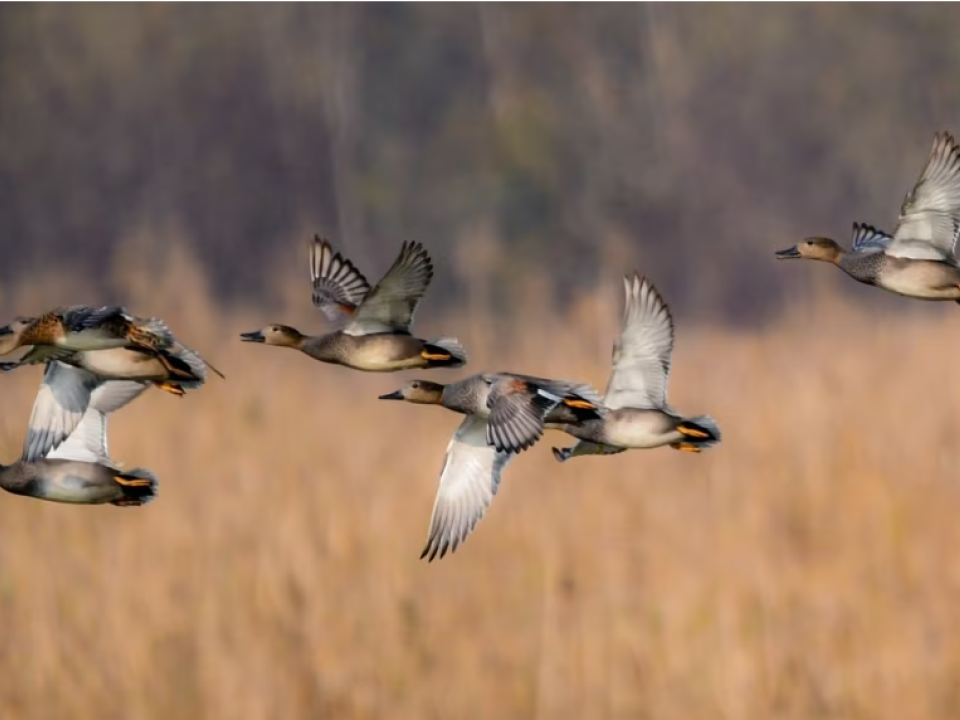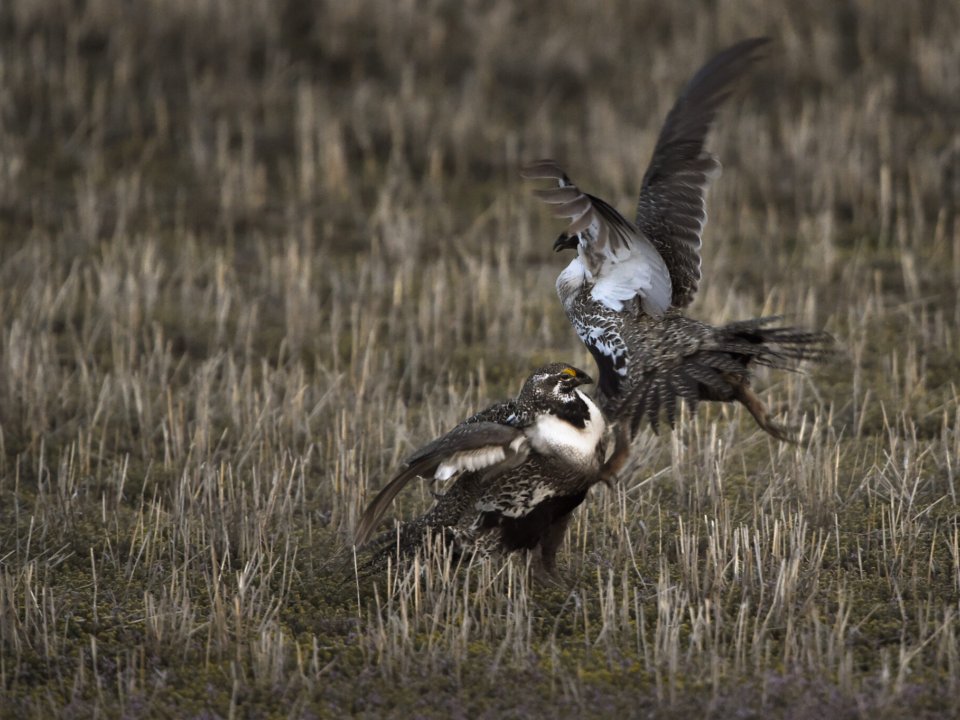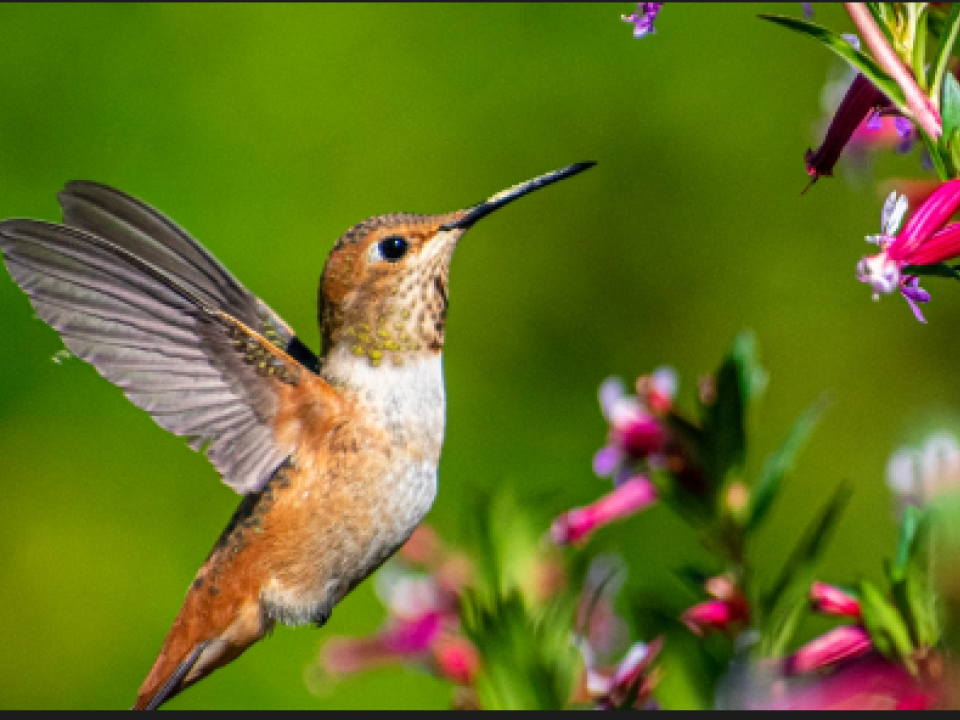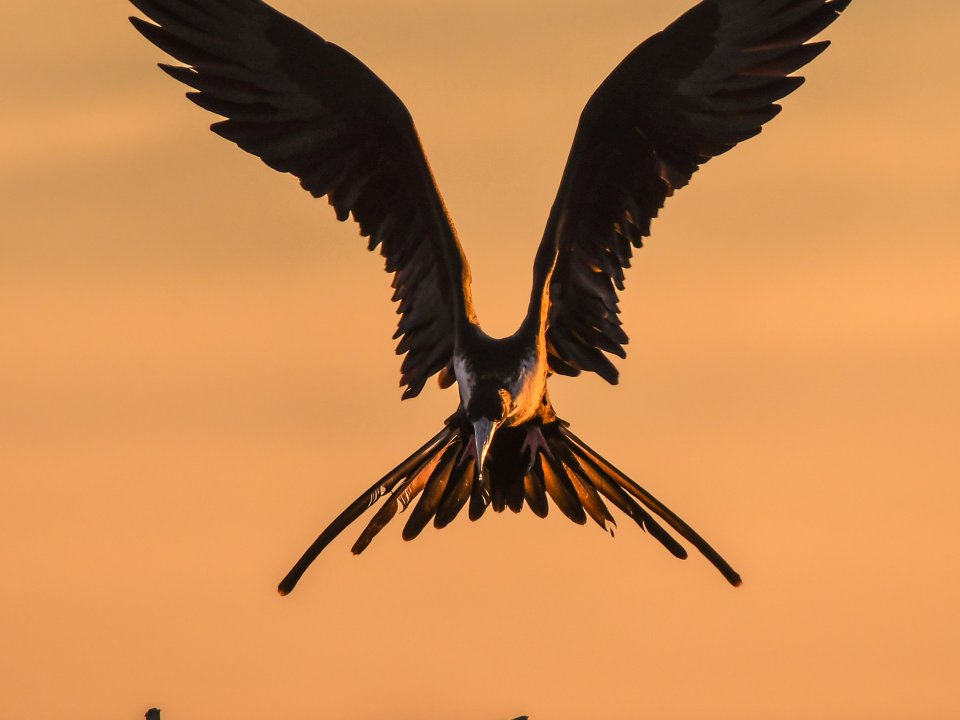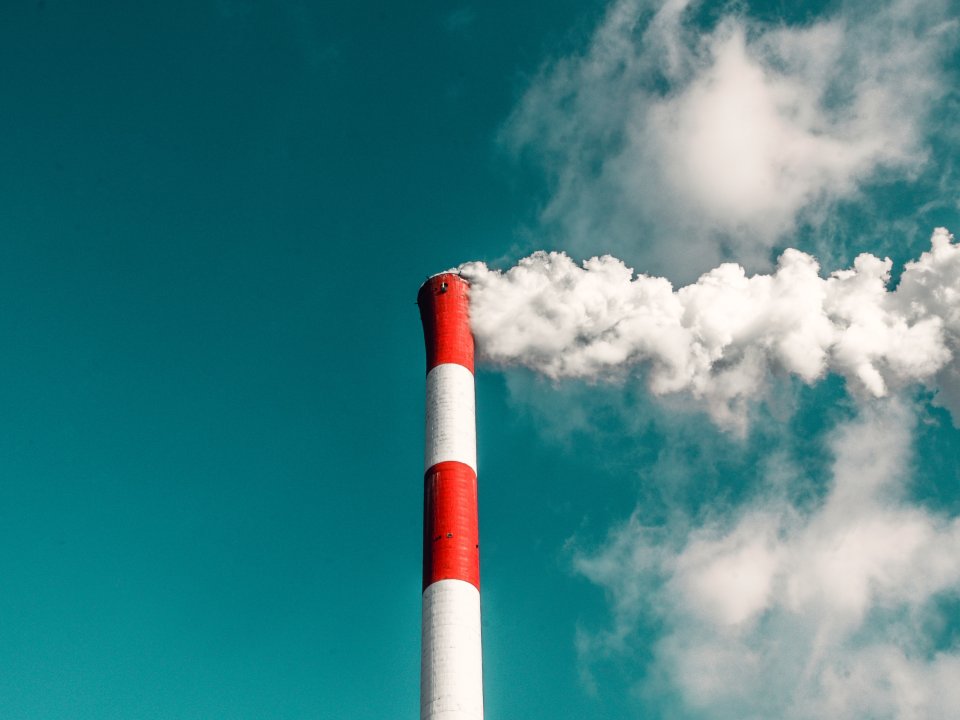News
The impact of Russia’s war in Ukraine is being felt as far away as Indian-administered Kashmir, where ornithologists like Cornell's Andrew Farnsworth see the conflict as contributing to a shortage of migratory birds which make their way each winter from Europe to the wetlands of the Kashmir Valley.
Farnsworth is a bird migration expert and senior research associate in Cornell's Lab of Ornithology.
A new report identifies 70 bird species that are at a “tipping point,” meaning that their populations have declined so significantly that they could face endangerment or even extinction in the coming years.
How will climate change impact whether people decide to stay or leave New York state? That’s one of the questions being considered by the New York Sea Grant. The collegiate research program recently compiled a fact sheet to help drive the conversation about the Great Lakes and climate-induced human migration.
(NEXSTAR) – Amid a nationwide outbreak of avian flu, birds have had a hard year. But according to a report released Wednesday, many bird species have had a hard half-century, with the future not looking much brighter.
"What is striking, and perhaps the most important takeaway, is that these heat effects are permanent," Ariel Ortiz-Bobea, an associate professor and applied agricultural economist at Cornell University and coauthor of the study, told Insider.
CALIFORNIA’S WILDFIRE SEASON has kicked off in earnest, with the Oak Fire chewing extraordinarily quickly through the parched landscape around Yosemite National Park. The fire has burned nearly 17,000 acres so far, forcing thousands from their homes and blanketing the surrounding area in smoke.
“Connections are complicated,” says Amanda Rodewald, professor in the Lab of Ornithology and of natural resources. “In removing one species, it can be difficult to predict what the consequences are going to be for others in that system — we don’t know which species are going to be valuable to us someday.”
With temperatures spiking to 110 degrees once more, Jeetram Yadav sat in the shade on his farm outside New Delhi and cupped a handful of this season’s disappointing wheat between his calloused palms. The grains were brown and the size of cumin seeds, shriveled by heat.
Policies that focus solely on decarbonization will not be sufficient to keep the Earth’s temperature below the “tipping point” threshold scientists have long warned could result in a runaway greenhouse warming effect, according to research published May 23 in the Proceedings of the National Academy of Sciences.
Migrations: A Global Grand Challenge has awarded grants totaling more than $500,000 to support faculty research addressing wide-ranging questions around domestic and global migration. Funded projects reflect the initiative’s interdisciplinary priorities of racism, dispossession, and migration in the U.S. and international, multispecies migration.

